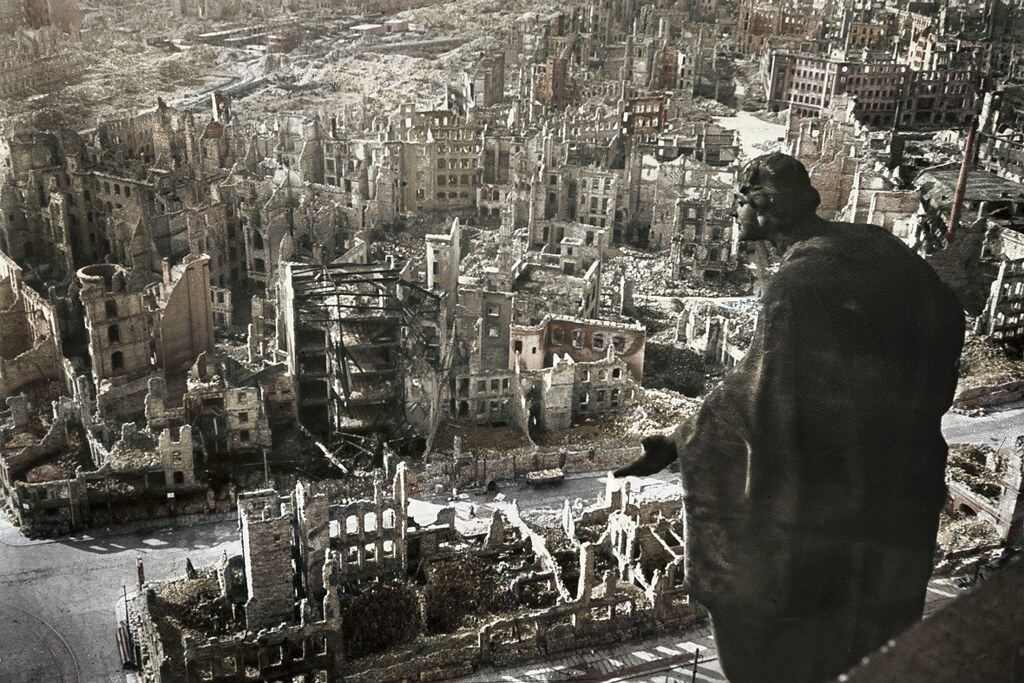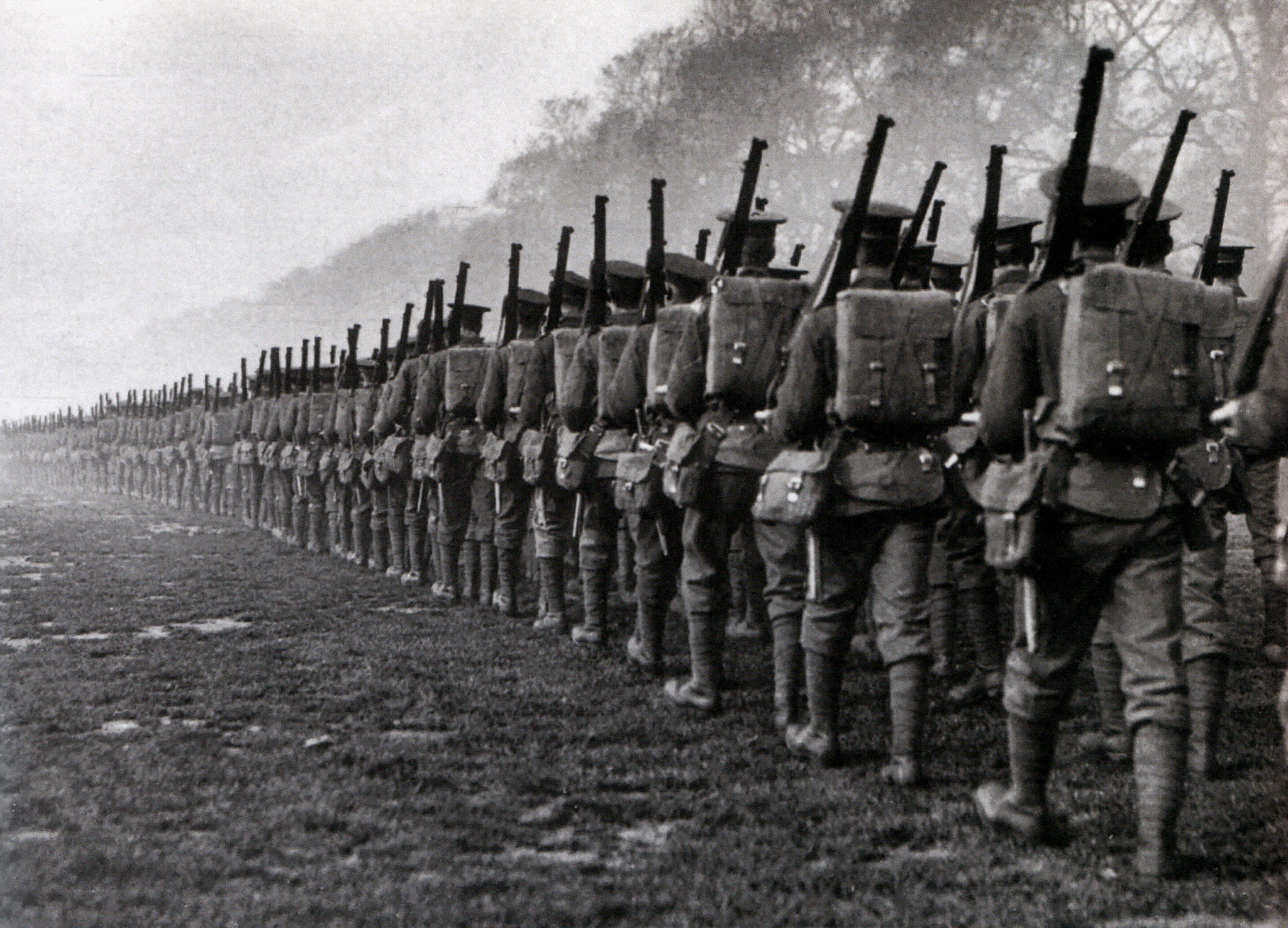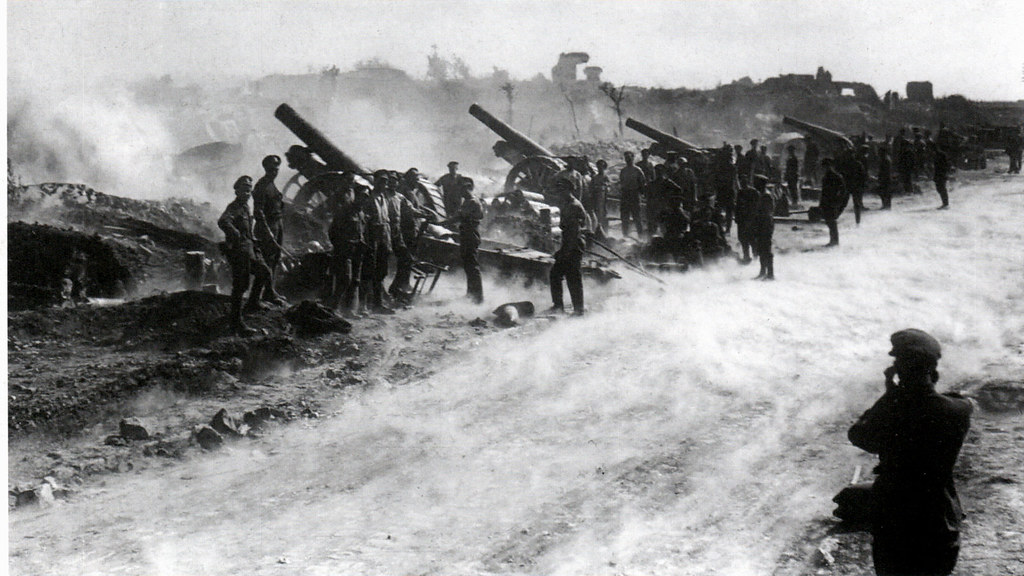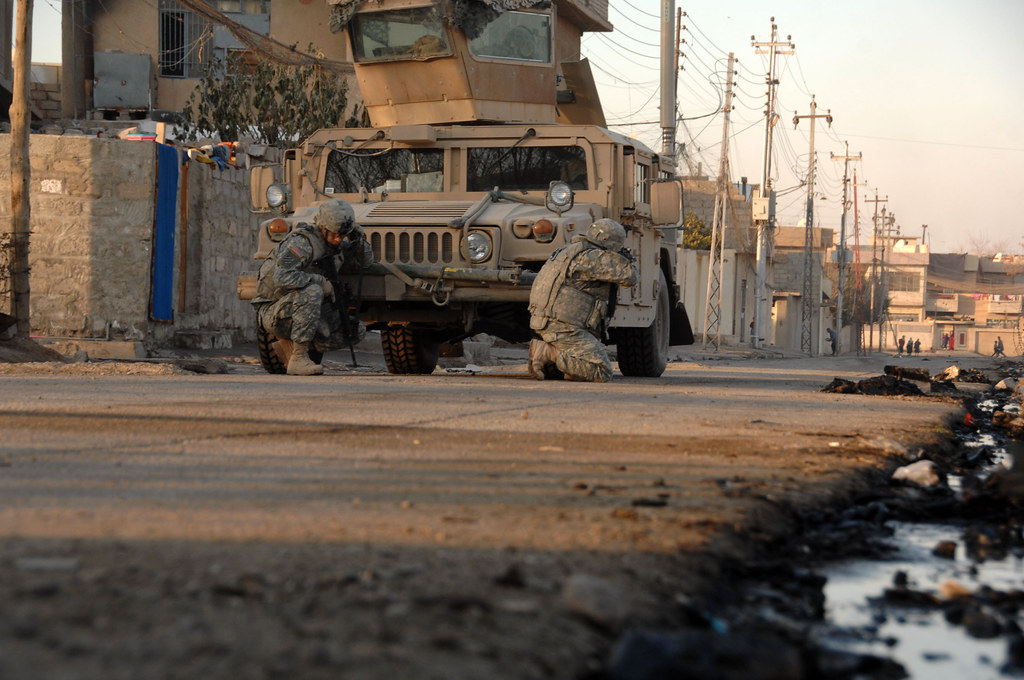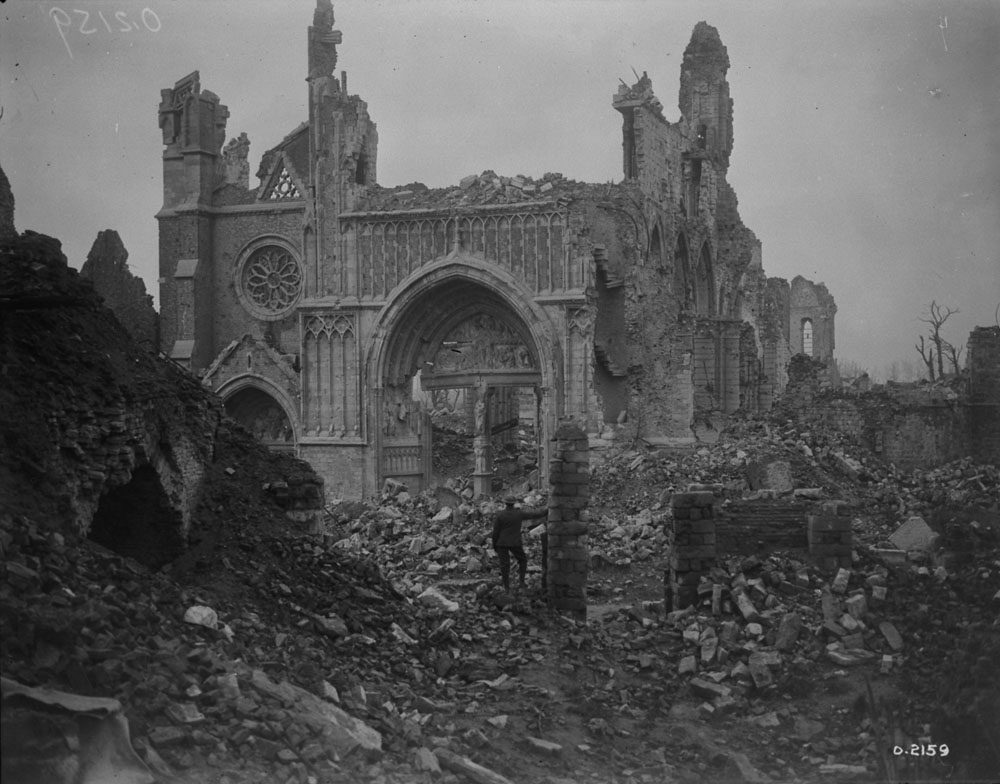Reviewed by Edward Corse.
Nick Cull’s introduction to Public Diplomacy is a great primer for practitioners of the art of influencing the people of other countries. This book builds on the overview of public diplomacy which the author created for the Foreign Office a decade ago, expanding its single chapter to eight and updating the argument for the digital age. The volume brings together Cull’s expertise from his background as a historian and his more contemporary understanding of how governments today operate in this sphere in the digital age.
Cull calls this ‘public diplomacy’, a widely recognised term for this type of activity. However, its usage is in itself a matter of debate which Cull tackles head on. He starts with an interesting discussion about the term and alternatives which could be, and are, used by other scholars and practitioners. He dismisses the idea that public diplomacy is the same as propaganda. Cull writes ‘[p]ropaganda is about dictating your message to an audience and persuading them you are right. Public diplomacy is about listening to the other side and working to develop a relationship of mutual understanding’ (p. 1). Cull considers alternatives that are used by various authorities including ‘strategic communication’, ‘cultural exchange’ and ‘influence diplomacy’. All of these he suggests contain ‘baggage’ of some sort – with public diplomacy being the ‘least worst term’ (p. 2).
Leave a Comment

